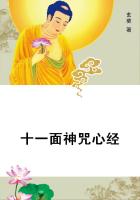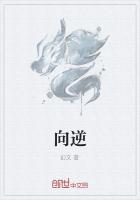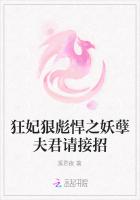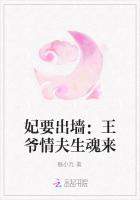THE LOYAL ALUMNAE
I.
Ever since we became a nation, it has been our habit to congratulate ourselves upon the democratic character of our American system of education. In the early days, neither poverty nor social position was a bar to the child who loved his books. The daughter of the hired man "spelled down" the farmer's son in the district school; the poor country boy and girl earned their board and tuition at the academy by doing chores; American colleges made no distinctions between "gentlemen commoners" and common folk; and as our public school system developed its kindergartens, its primary, grammar, and high schools, free to any child living in the United States, irrespective of his father's health, social status, or citizenship, we might well be excused for thinking that the last word in democratic education had been spoken.
But since the beginning of the twentieth century, two new voices have begun to be heard; at first sotto voce, they have risen through a murmurous pianissimo to a decorous non troppo forte, and they continue crescendo,--the voice of the teacher and the voice of the graduate. And the burden of their message is that no educational system is genuinely democratic which may ignore with impunity the criticisms and suggestions of the teacher who is expected to carry out the system and the graduate who is asked to finance it.
The teachers' point of view is finding expression in the various organizations of public school teachers in Chicago, New York, and elsewhere, looking towards reform, both local and general; and in the movement towards the formation of a National Association of College Professors, started in the spring of 1913 by professors of Columbia and Johns Hopkins. At a preliminary meeting at Baltimore, in November, 1913, unofficial representatives from Johns Hopkins, Yale, Harvard, Princeton, Cornell, Columbia, Clark, and Wisconsin were present, and a committee of twenty-five was appointed, with Professor Dewey of Columbia as chairman, "to arrange a plan of organization and draw up a constitution." President Schurman, in a report to the trustees of Cornell, makes the situation clear when he says:
"The university is an intellectual organization, composed essentially of devotees of knowledge--some investigating, some communicating, some acquiring--but all dedicated to the intellectual life.... The Faculty is essentially the university; yet in the governing boards of American universities the Faculty is without representation."
President Schurman has suggested that one third of the board consist of faculty representatives. At Wellesley, since the founder's death, the trustees have welcomed recommendations from the faculty for departmental appointments and promotions, and this practice now obtains at Yale and Princeton; the trustees of Princeton have also voted voluntarily to confer on academic questions with a committee elected by the faculty.
An admirable exposition of the teachers' case is found in an article on "Academic Freedom" by Professor Howard Crosby Warren of the Department of Psychology at Princeton, in the Atlantic Monthly for November, 1914. Professor Warren says that "In point of fact, the teacher to-day is not a free, responsible agent. His career is practically under the control of laymen. Fully three quarters of our scholars occupy academic positions; and in America, at least, the teaching investigator, whatever professional standing he may have attained, is subject to the direction of some body of men outside his own craft. As investigator he may be quite untrammeled, but as teacher, it has been said, he is half tyrant and half slave....
"The scholar is dependent for opportunity to practice his calling, as well as for material advancement, on a governing board which is generally controlled by clergymen, financiers, or representatives of the state....
"The absence of true professional responsibility, coupled with traditional accountability to a group of men devoid of technical training, narrows the outlook of the average college professor and dwarfs his ideals. Any serious departure from existing educational practice, such as the reconstruction of a course or the adoption of a new study, must be justified by a group of laymen and their executive agent....
"In determining the professional standing of a scholar and the soundness of his teachings, surely the profession itself should be the court of last appeal."
The point of view of the graduate has been defining itself slowly, but with increasing clearness, ever since the governing boards of the colleges made the very practical discovery that it was the duty and privilege of the alumnus to raise funds for the support of his Alma Mater. It was but natural that the graduates who banded together, usually at the instigation of trustees or directors and always with their blessing, to secure the conditional gifts proffered to universities and colleges by American multimillionaires, should quickly become sensitive to the fact that they had no power to direct the spending of the money which they had so efficiently and laboriously collected. An individual alumnus with sufficient wealth to endow a chair or to erect a building could usually give his gift on his own terms; but alumni as a body had no way of influencing the policy of the institutions which they were helping to support.
The result of this awakening has been what President Emeritus William Jewett Tucker of Dartmouth has called the "Alumni Movement."
More than ten years ago, President Hadley of Yale was aware of the stirrings of this movement, when he said, "The influence of the public sentiment of the graduates is so overwhelming, that wherever there is a chance for its organized cooperation, faculties and students... are only too glad to follow it."

